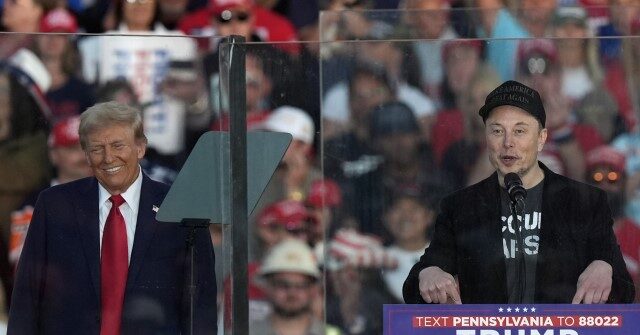Alcon Entertainment has initiated legal proceedings against Elon Musk, Tesla, and Warner Bros. Discovery for alleged copyright infringement involving the sci-fi film Blade Runner 2049. The lawsuit centers on Musk’s purported use of imagery from the film during the launch event for Tesla’s new robotaxi, the Cybercab. Alcon claims that Musk disregarded their explicit denial of permission to use these visuals, which they describe as “a bad faith and intentionally malicious gambit” intended to enhance the event’s appeal. The production company has stated that Musk’s actions reflect a misappropriation of the film’s brand to promote Tesla’s products, raising substantial legal and ethical concerns regarding intellectual property rights.
The complaint details that the imagery employed by Musk during the Tesla robotaxi launch included AI-generated scenes that echo those from Blade Runner 2049, specifically portraying a character reminiscent of Ryan Gosling’s role as K in the film. Alcon’s refusal to grant permissions was partly attributed to Musk’s so-called “highly politicized, capricious and arbitrary behavior,” which they argue includes instances of hate speech. Significantly, the lawsuit highlights Musk’s political affiliations, particularly his support for Donald Trump’s presidential campaign in 2024 and his actions such as offering financial incentives to voters in swing states, further complicating the dynamics of the case.
Elon Musk has expressed a long-standing admiration for Blade Runner 2049, often citing it as an influence on Tesla’s technologies. This connection complicates the lawsuit, as it raises questions about the boundaries of inspiration and appropriation in creative industries. However, the legal action against Musk is not unprecedented; he has faced similar allegations in the past. For instance, Alex Proyas, director of the film I, Robot, recently called Musk out for allegedly taking inspiration from his designs, highlighting a growing trend of scrutiny surrounding the billionaire’s projects and his perceived disregard for creative ownership.
Moreover, the lawsuit highlights broader concerns within the intersections of art, technology, and politics. The claims made by Alcon Entertainment present an interesting case about how public figures, particularly those in tech, accountability in their creative processes, and the repercussions of their political affiliations can significantly affect their business dealings and public perception. With Musk being a highly public and controversial figure, the implications of this lawsuit could resonate beyond the immediate parties involved, influencing how technology intersects with established intellectual property laws.
The legal landscape surrounding copyright infringement, particularly in the digital age, is complex and often contested. As creators leverage technology such as artificial intelligence to generate content, the blurred lines between original creation and derivative works become increasingly confounding. This situation necessitates a careful examination of intellectual property rights, particularly how they apply to digital media and emerging technologies like AI, which can create uncertain scenarios around ownership and permission.
In conclusion, Alcon Entertainment’s lawsuit against Elon Musk encapsulates the ongoing tensions between creativity, political identity, and technology advancements. The outcomes of such legal disputes may influence the future of how creative inspiration is drawn from established works, potentially reshaping industry standards for permission and appropriations in a rapidly evolving technological landscape. As this case unfolds, it serves as a pivotal moment for both the tech industry and the creative community, stressing the importance of respecting intellectual property rights in an age where lines are increasingly blurred.

